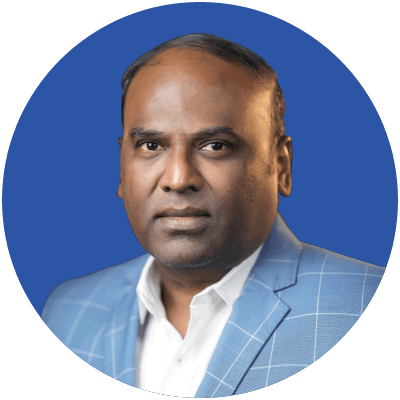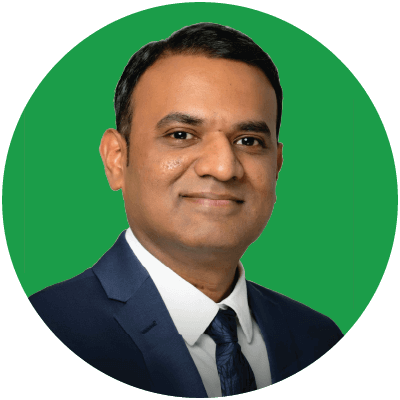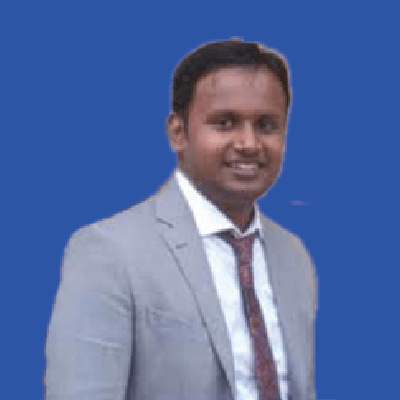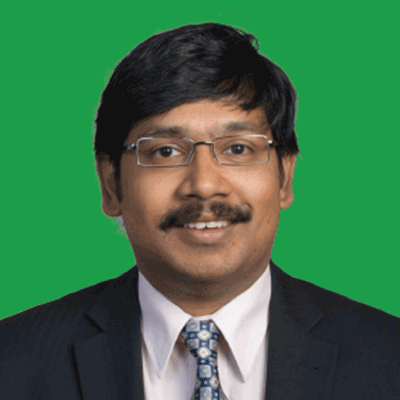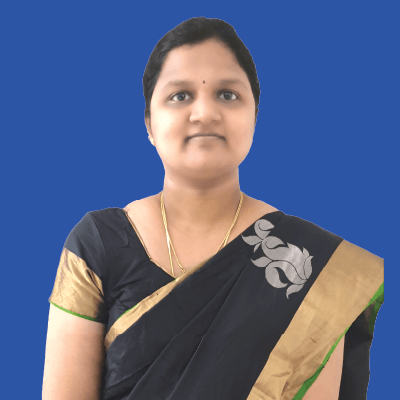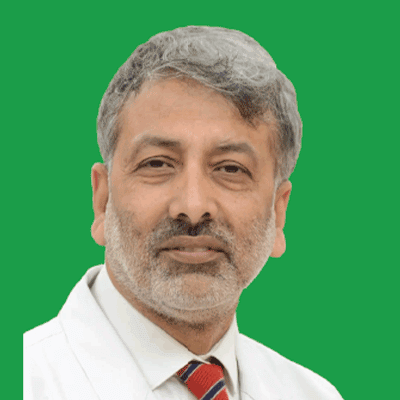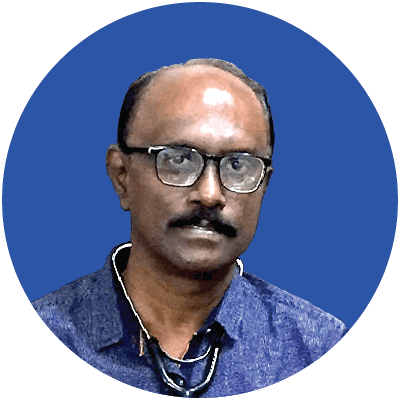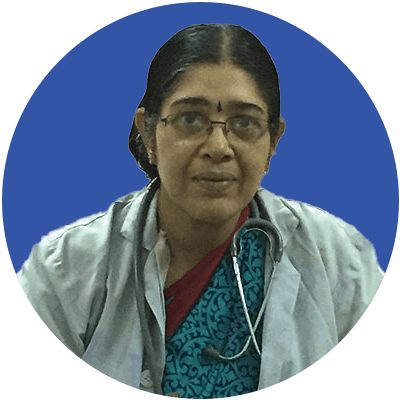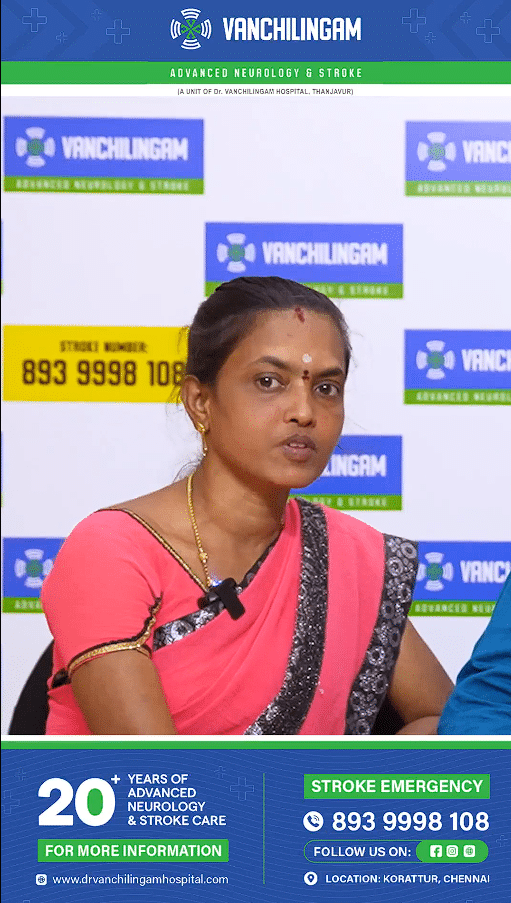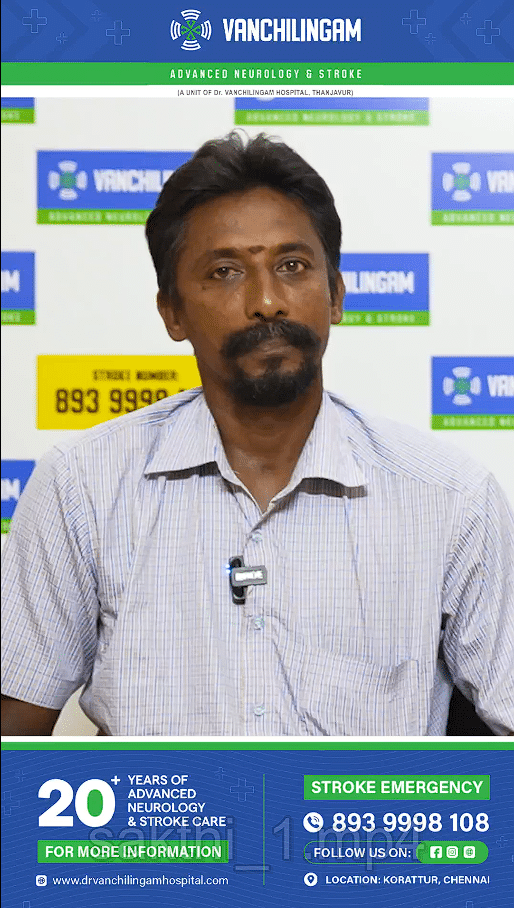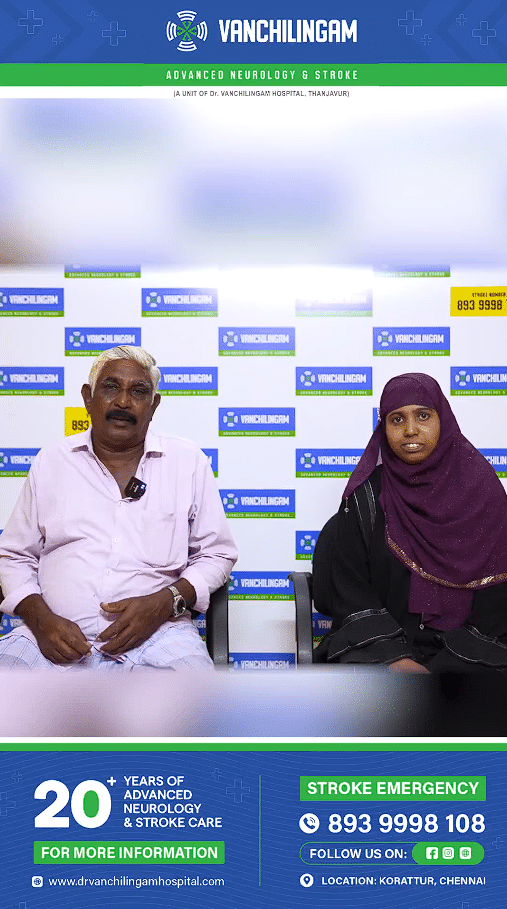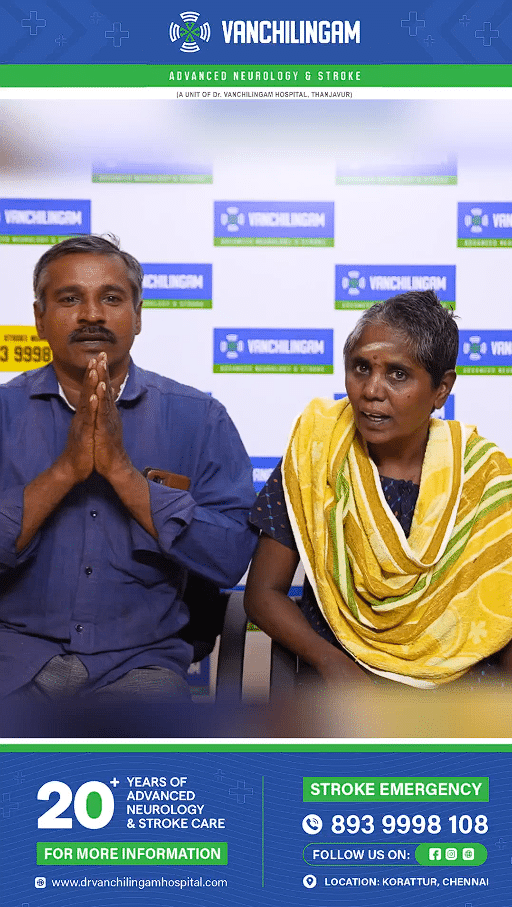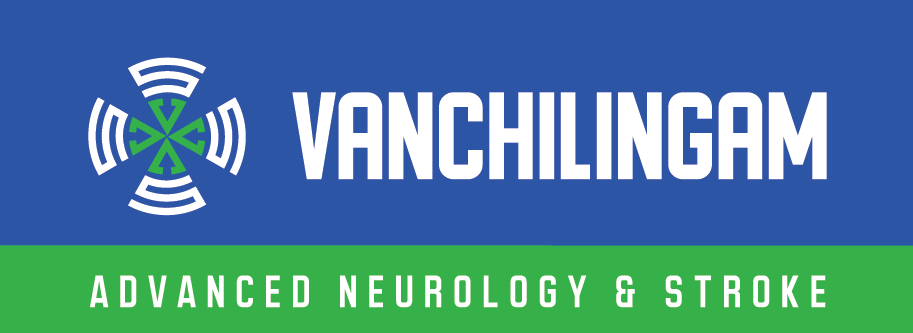Advanced Movement Disorder Management at Affordable Costs
- Expertise in Diagnosing and Treating Parkinson’s, Tremors, Ataxia, and Dystonia
- Advanced Therapies Including DBS and Botox Injections
- Comprehensive Rehabilitation Programs for Better Mobility
- Personalized, Evidence-Based Treatment Plans
- Accessible and Cost-Effective Neurological Care
Rediscover the rhythm of life—specialized care for movement disorders at Vanchilingam.
Through innovative diagnostics, customized treatments, and compassionate support, we offer tailored solutions to address each patient’s unique challenges, guiding them toward a more active and fulfilling future. At Vanchilingam Advanced Neurology and Stroke Care, we strive to empower individuals with movement disorders to rediscover their independence and improve their quality of life.
What Are Movement Disorders?
Movement disorders are a group of neurological conditions that affect a person’s ability to move voluntarily, leading to abnormal movements or a lack of control. These conditions can be disruptive to daily life but are often manageable with the right care and support.
Key types of movement disorders include:
- Parkinson’s Disease: A progressive disorder affecting movement, balance, and coordination.
- Essential Tremor: Uncontrolled shaking, often in the hands or head, especially during voluntary actions.
- Dystonia: Involuntary muscle contractions causing repetitive movements or abnormal postures.
- Ataxia: A lack of coordination due to neurological dysfunction, affecting balance and speech.
- Huntington’s Disease: A genetic condition causing involuntary movements, emotional disturbances, and cognitive decline.
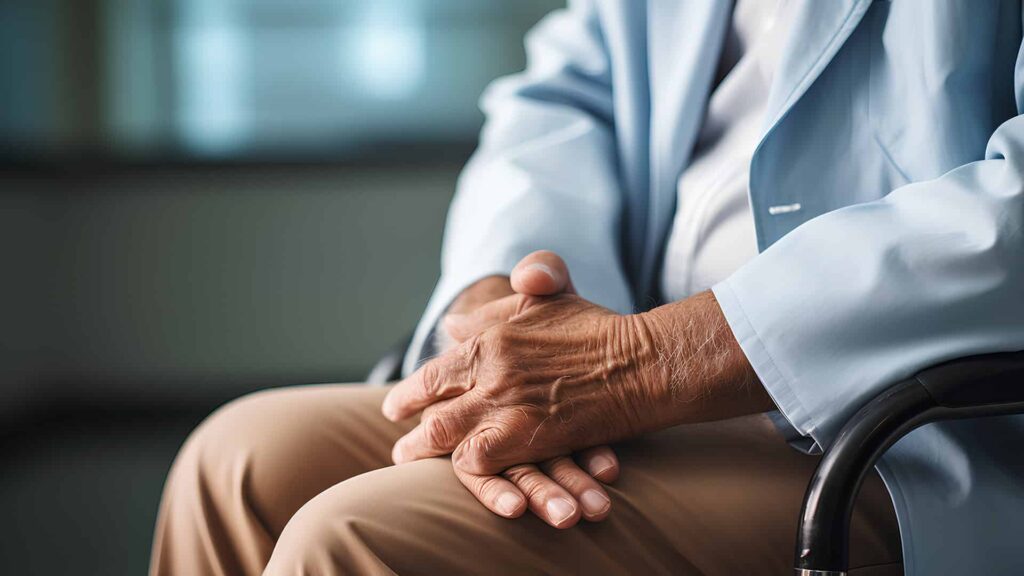
Symptoms to Watch For
Each movement disorder presents unique challenges, but common symptoms may include:
- Tremors or shaking that interfere with daily tasks.
- Muscle stiffness or rigidity, making movement painful or difficult.
- Involuntary jerking or twitching.
- Slow or uncoordinated movements.
- Difficulty maintaining balance or walking steadily.
Causes and Risk Factors
Movement disorders can arise from various causes, including:
- Neurological Changes: Dysfunction in areas of the brain responsible for motor control.
- Genetics: Some conditions, like Huntington’s disease, are inherited.
- Medications: Certain drugs can trigger movement-related side effects.
- Infections or Injuries: Neurological damage from infections, strokes, or trauma.
- Chronic Conditions: Diseases like Parkinson’s or multiple sclerosis.
Comprehensive Care for Movement Disorders
At Vanchilingam Advanced Neurology and Stroke Care, we take a tailored approach to diagnosing and managing movement disorders:
Advanced Diagnostics:
- Neurological Assessments: Detailed evaluations to understand the nature of the disorder.
- Imaging Studies: MRI and CT scans to detect abnormalities in the brain or spinal cord.
- Genetic Testing: For hereditary conditions like Huntington’s disease.
Personalized Treatment Plans:
- Medications: Prescriptions to manage symptoms like tremors, stiffness, or abnormal movements.
- Botox Therapy: Effective for managing dystonia and spasticity.
Advanced Therapies:
- Deep Brain Stimulation (DBS): A surgical option for severe conditions like Parkinson’s, delivering electrical signals to regulate abnormal brain activity.
- TMS (Transcranial Magnetic Stimulation): Non-invasive therapy to improve motor symptoms in certain conditions.
Rehabilitation Services:
- Physiotherapy: Exercises to improve mobility, strength, and balance.
- Speech Therapy: For patients with speech or swallowing difficulties.
- Occupational Therapy: Strategies to maintain independence and improve daily functioning.
Lifestyle and Emotional Support:
- Nutrition plans tailored to promote overall neurological health.
- Stress management techniques, such as mindfulness and relaxation exercises.
- Support groups and counseling for patients and caregivers.
Why Choose Us for Movement Disorder Treatment?
- Expertise in Movement Disorders: Our team of neurologists specializes in diagnosing and treating a wide range of movement disorders with precision and care.
- State-of-the-Art Technology: Advanced diagnostic tools and therapies ensure optimal outcomes.
- Individualized Approach: Every treatment plan is designed to meet the specific needs of the patient.
- Comprehensive Support: We address the physical, emotional, and social aspects of living with a movement disorder.
- Caregiver Guidance: Empowering families with the tools and knowledge they need to provide effective support.
Rediscover Your Freedom
Movement disorders can feel like they’re holding you back, but with the right care, you can regain control and confidence. At Vanchilingam Advanced Neurology and Stroke Care, we are here to help you move forward—literally and figuratively—toward a life of greater freedom and possibility.
Take the first step today. Contact us to schedule a consultation and explore personalized solutions.
Meet the Specialists
Our team of dedicated specialists brings years of expertise and a passion for delivering personalized care.
Real Experiences, Real Results
Discover how Dr. Vanchilingam Advanced Neuro & Stroke Hospital has transformed the lives of our patients. Also hear our specialists talk about the services and solutions we offer for various neurological issues.
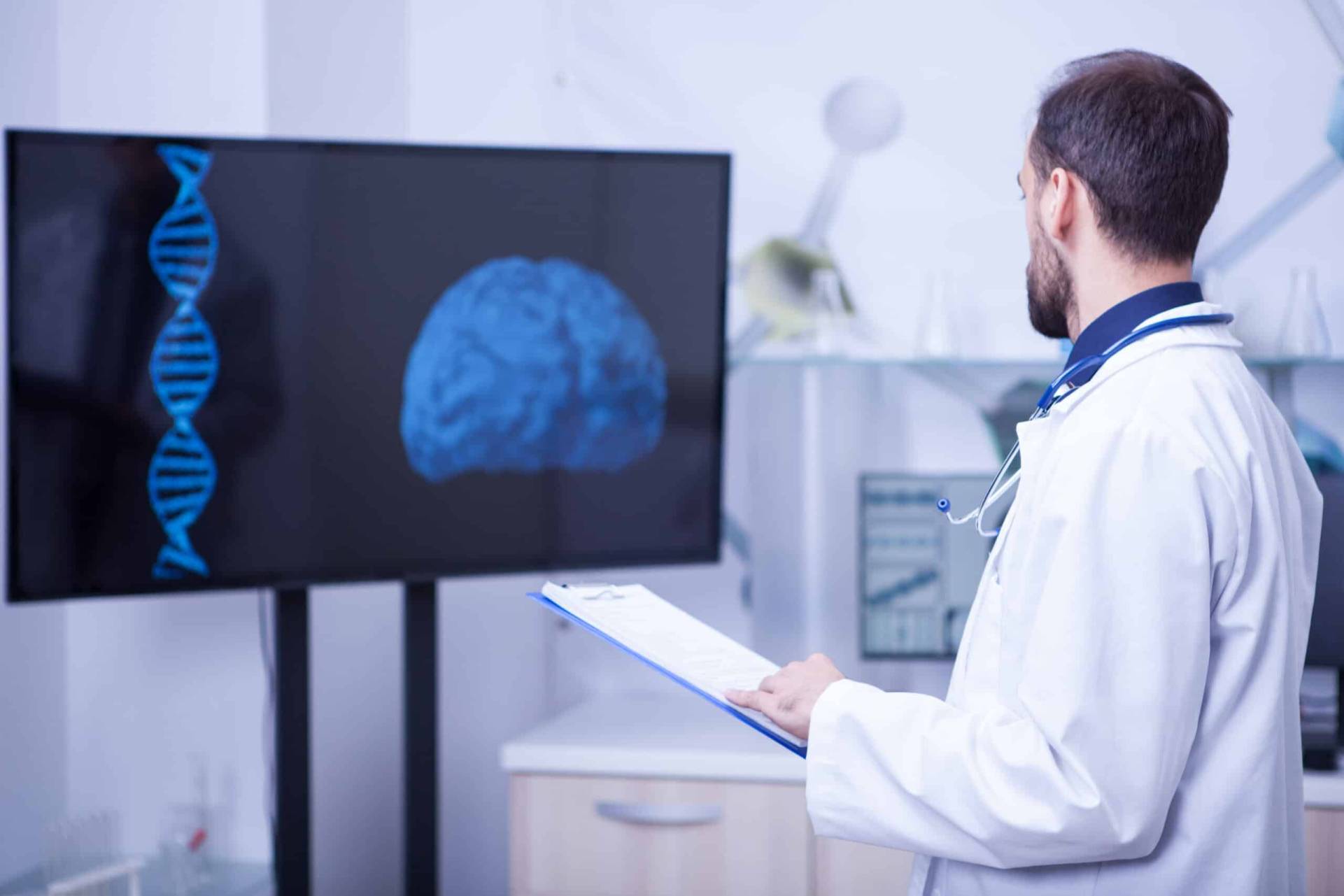



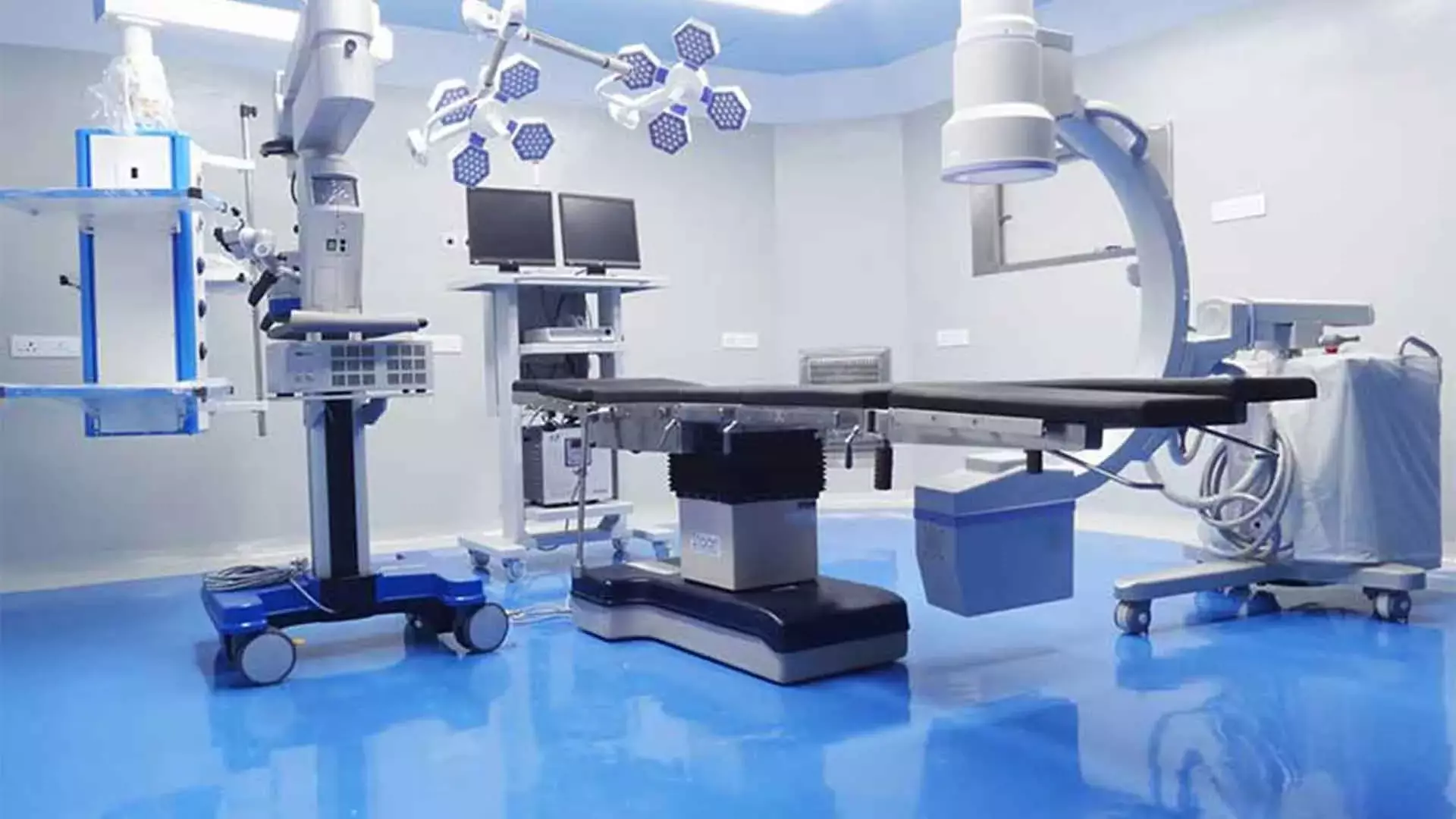
OUR SPECIALITY
Acute Stroke Unit
The Acute Stroke Unit is an acute neurological ward providing specialist services for people who have had a new suspected stroke. On the Acute Stroke Unit we provide: Thrombolysis treatment -treatment is started in the Emergency Department and you will have the rest of your Treatment and monitoring on the Acute Stroke Unit
OUR SPECIALITY
Advanced Neuro ICU
A neuro ICU is an Intensive Care Unit which is particularly devoted to a high – quality care of patients with the neurological problems that are life-threatening in nature. The neuro ICU of our hospital is a complete state of the art and a full-fledged one designed to provide almost all sorts of advanced neurological care to the normal patients as well as the patients in the emergency.
OUR SPECIALITY
Advanced Neuro Imaging
Our radiology department is a state of the art department with all the necessary infrastructure that is essential for effectively dealing with the neuro and neurosurgery emergencies at its best. The advanced neuroimaging techniques used by our doctors are as discussed below.
OUR SPECIALITY
Neuro interventional Cath Lab
A neuro-interventional Cath lab in a neurodiagnostic Centre is a specialized catheterization laboratory which has all the necessary diagnostic imaging equipment that is particularly used for the purpose of visualization of the arteries, veins and other vascular malformations of the brain and spinal cord.
OUR SPECIALITY
Neuro-Surgery Operating Room
The neurosurgery operating room of Dr.Vanchilingam Hospital, Neurosurgery Hospital is a fully functional and a state of art one that has the adequate infrastructure for effectively carrying out even the most complicated neuro surgeries with ease.
What are movement disorders?
Movement disorders are neurological conditions that affect voluntary movements, leading to abnormal or uncontrolled movements. Examples include Parkinson’s disease, essential tremor, dystonia, ataxia, and Huntington’s disease. These conditions can disrupt daily life but are manageable with proper care.
What are the common symptoms of movement disorders?
Common symptoms include tremors or shaking, muscle stiffness, involuntary twitching, slow or uncoordinated movements, and difficulty with balance or walking. Each condition presents unique challenges.
What causes movement disorders?
Movement disorders can result from neurological changes, genetics, certain medications, infections, or injuries affecting the brain or spinal cord. Chronic conditions like Parkinson’s disease or multiple sclerosis are also common causes.
How are movement disorders diagnosed?
At Vanchilingam Advanced Neurology and Stroke Care, we use advanced diagnostic tools, including neurological assessments, imaging studies like MRI and CT scans, and genetic testing for hereditary conditions such as Huntington’s disease.
What treatments are available for movement disorders?
Treatment options include medications to manage symptoms, Botox therapy for conditions like dystonia, advanced therapies like Deep Brain Stimulation (DBS) and Transcranial Magnetic Stimulation (TMS), and rehabilitation services such as physiotherapy, speech therapy, and occupational therapy.
What is Deep Brain Stimulation (DBS), and who can benefit from it?
DBS is a surgical treatment for severe movement disorders, such as Parkinson’s disease. It involves delivering electrical signals to regulate abnormal brain activity, helping to reduce symptoms like tremors and stiffness.
Can lifestyle changes help manage movement disorders?
Yes, lifestyle modifications, including tailored nutrition plans, stress management techniques, and regular physiotherapy, can significantly improve symptom management and overall quality of life.
Does your hospital offer support for caregivers?
Absolutely. We provide caregiver guidance, support groups, and counseling to empower families with the tools and knowledge they need to assist their loved ones effectively.
Why choose Vanchilingam Advanced Neurology and Stroke Care for movement disorder treatment?
We offer expert care with a focus on advanced diagnostics, personalized treatment plans, and state-of-the-art therapies. Our comprehensive approach addresses the physical, emotional, and social aspects of living with a movement disorder.
How can I schedule a consultation?
To schedule a consultation, contact us directly through the enquiry form or over phone. Our team will guide you through the process and provide the support you need to take the first step toward better neurological health.


